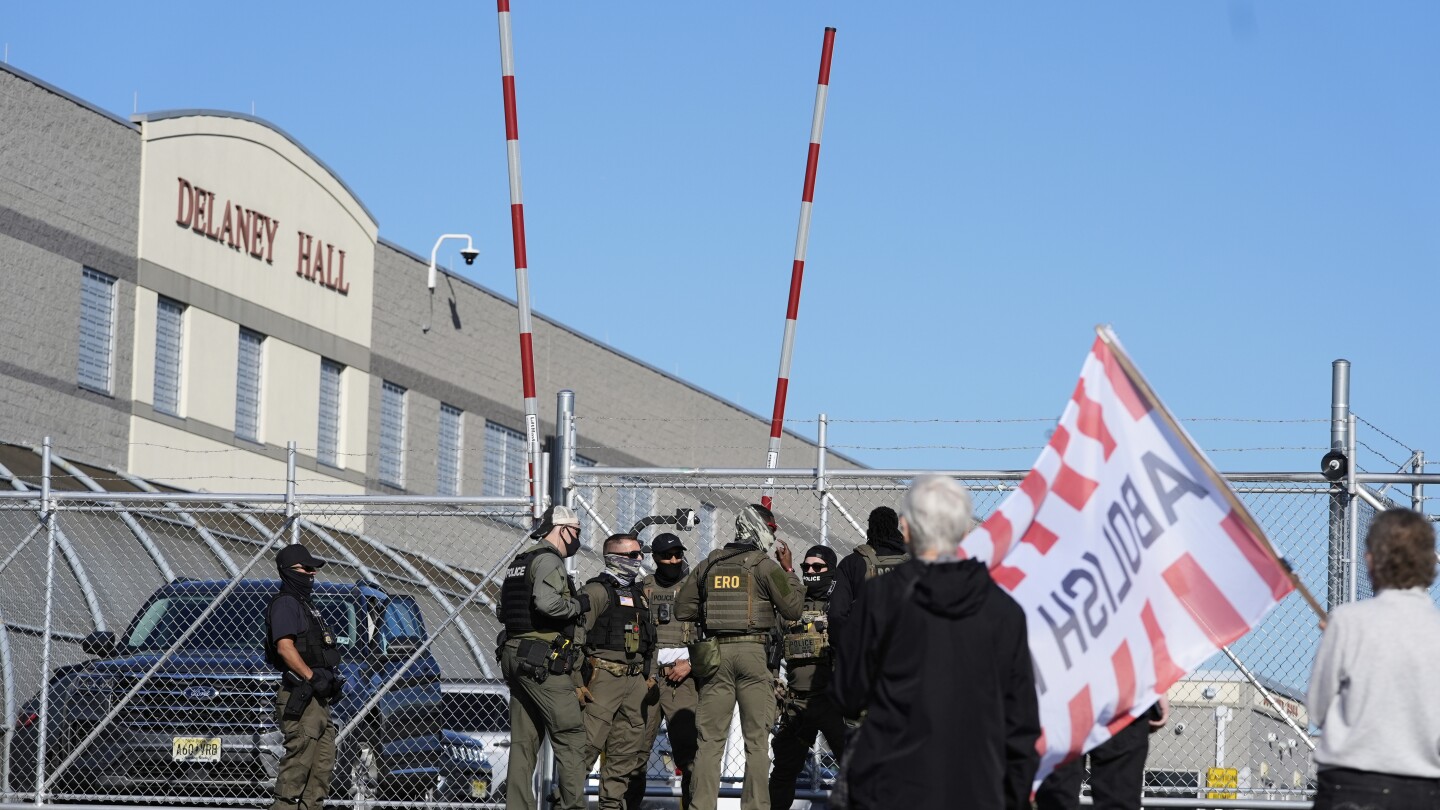The U.S. Supreme Court is set to deliberate on a case that could significantly impact the operations of private detention facilities. At the center of the legal battle is The GEO Group, a major private prison operator, accused of underpaying immigration detainees for their labor in Colorado.
The controversy stems from a 2014 lawsuit in which detainees at a GEO-managed facility in Aurora, Colorado, alleged they were compelled to perform unpaid janitorial tasks and were compensated a mere $1 a day for additional work. The lawsuit claims these low wages were meant to supplement inadequate meals provided to detainees.
GEO Group’s defense argues that the lawsuit is an indirect challenge to federal immigration policy. The company maintains that its pay practices align with the standards set by Immigration and Customs Enforcement (ICE) and contends that as a government contractor, it should be immune from such lawsuits.
Lawyers representing the detainees counter this by stating that the core issue is the inadequate compensation for labor, emphasizing that the contract did not mandate such low pay rates.
Despite the company’s efforts, a lower court judge allowed the case to proceed, and the U.S. 10th Circuit Court of Appeals ruled that the immunity claim could not be reviewed before a trial. GEO Group is now appealing to the Supreme Court, seeking a faster appellate review for government contractors on such immunity questions.
Headquartered in Florida, The GEO Group is a leading provider of private detention services in the U.S., overseeing approximately 77,000 beds across 98 facilities. Their operations include a new federal immigration detention center, which recently gained attention when Newark Mayor Ras Baraka was arrested during a protest at the site.
Similar legal challenges have emerged in other states, notably in Washington, where The GEO Group was ordered to pay over $23 million in a comparable case involving immigration detainees. More details about this case can be found here.






